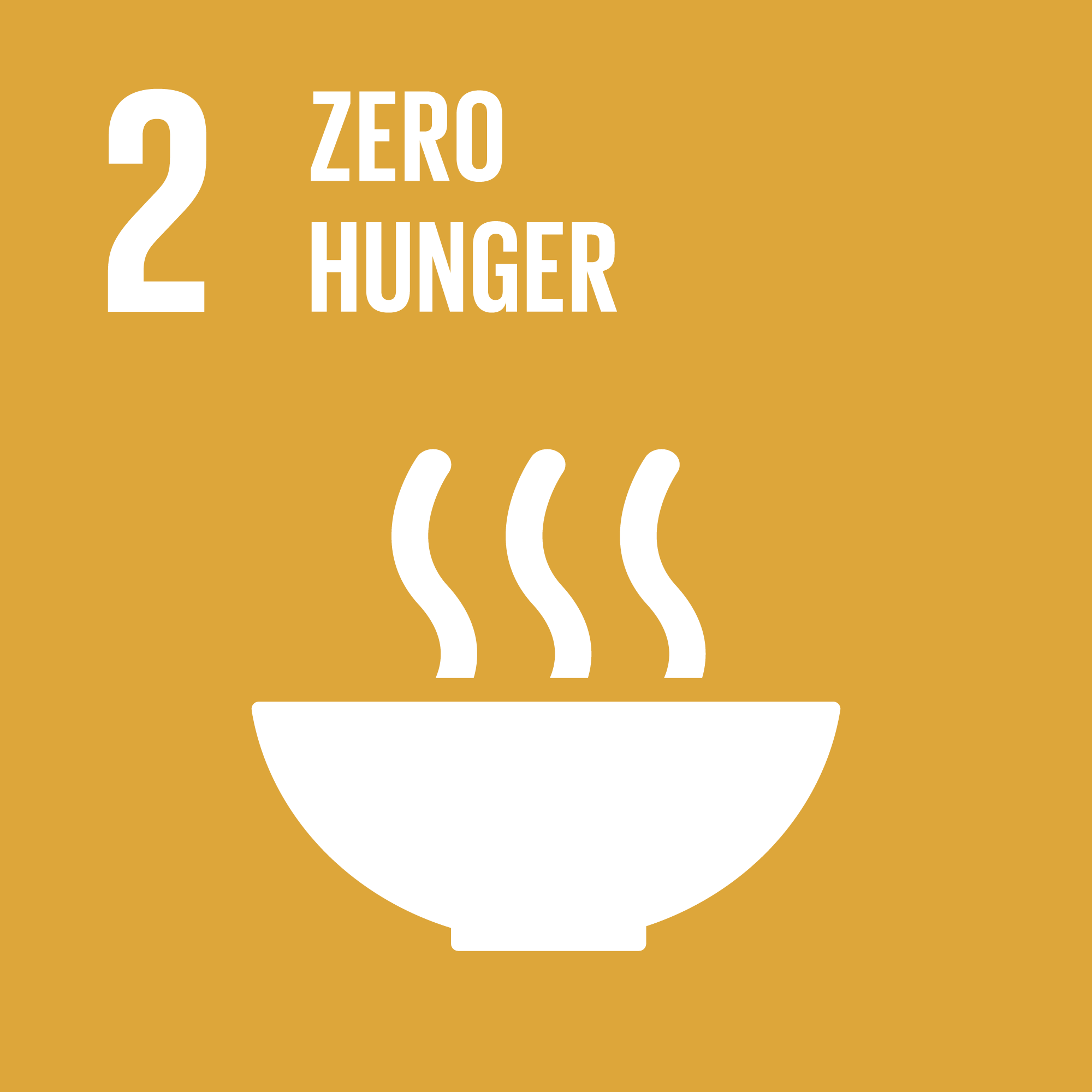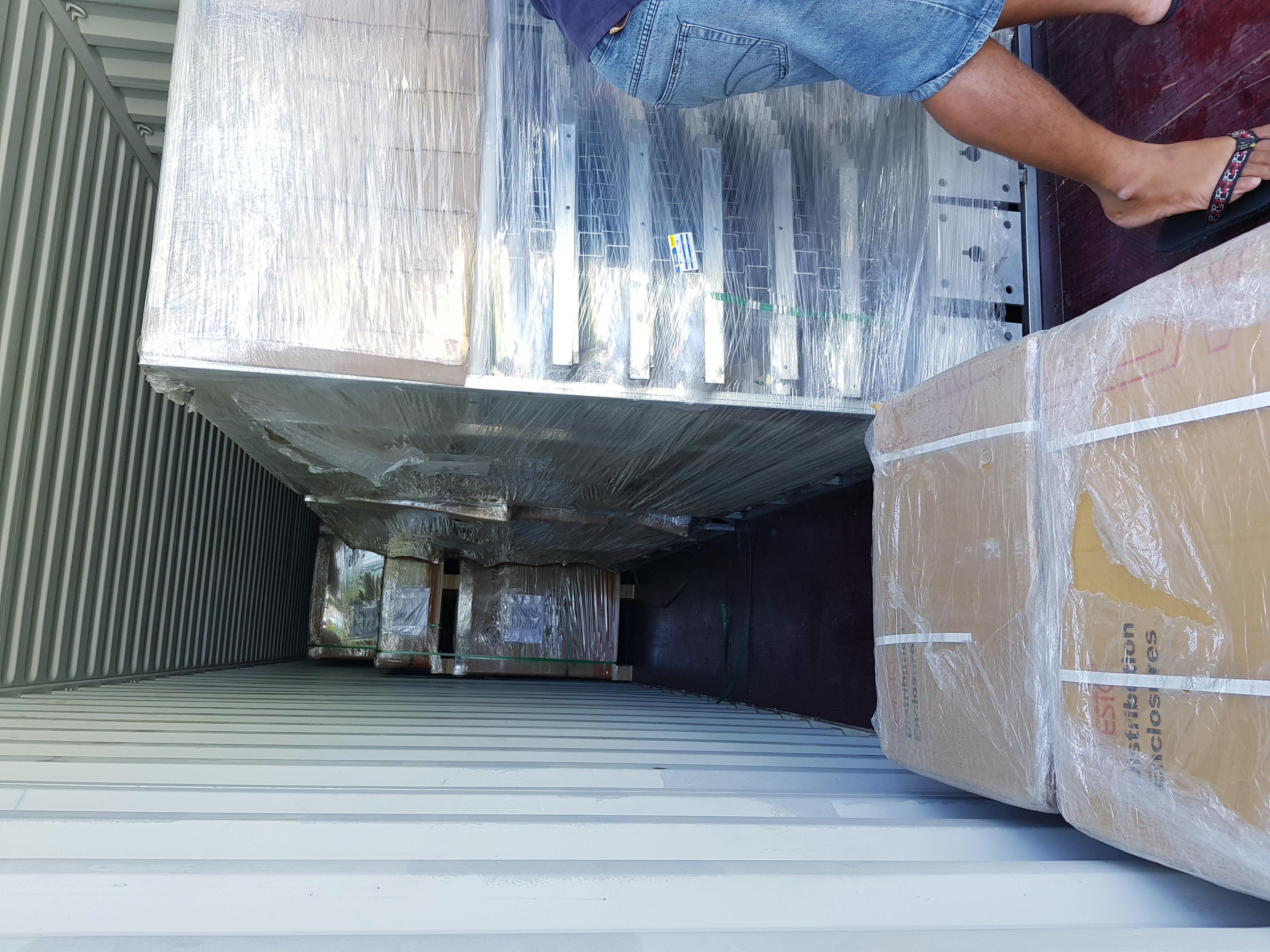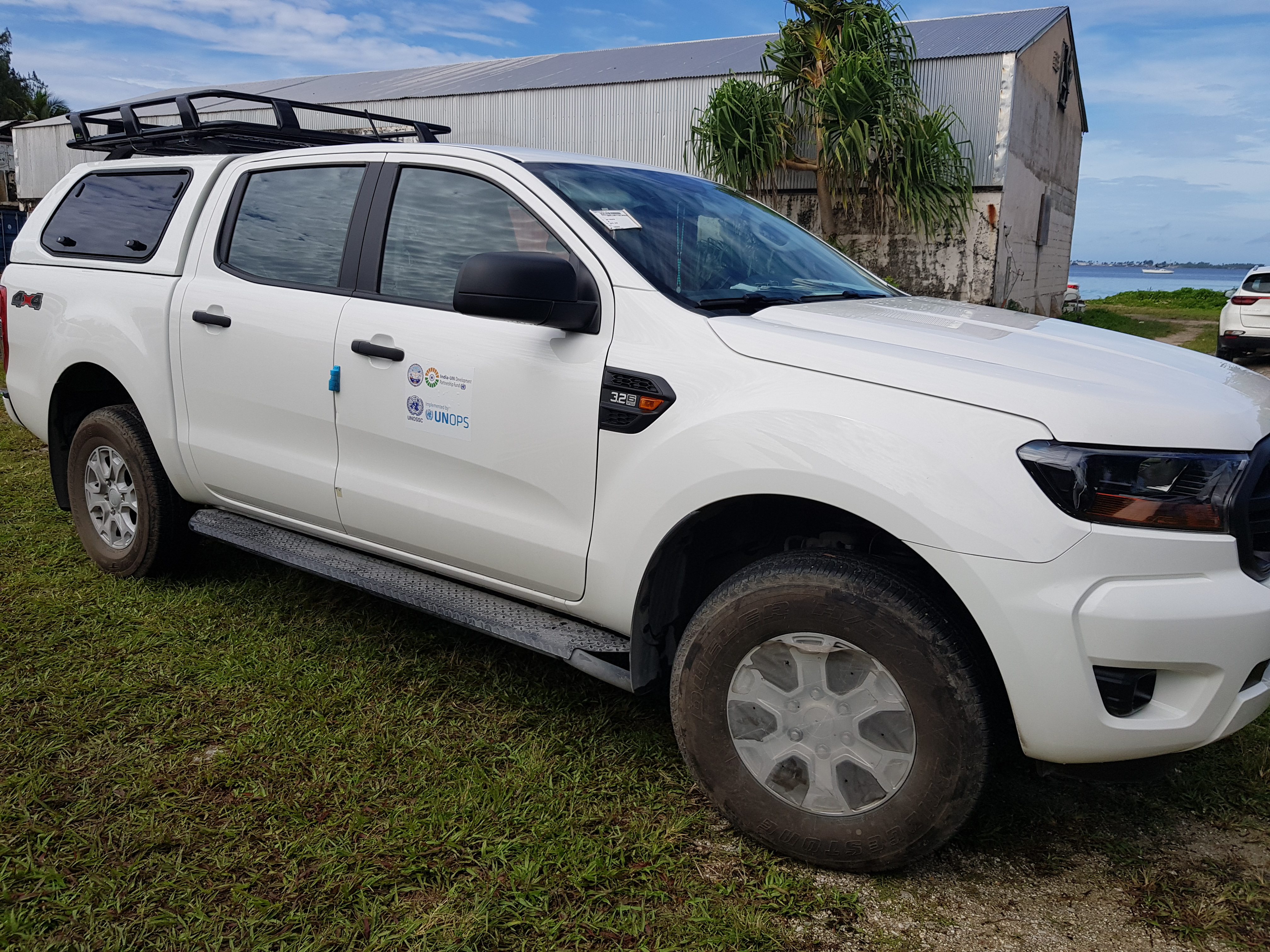 Procurement and Installation of Solar-powered Chest Freezers for the Mili Atoll
Harnessing solar energy at the local level
Procurement and Installation of Solar-powered Chest Freezers for the Mili Atoll
Harnessing solar energy at the local level

Challenges
The Republic of the Marshall Islands is an equatorial nation of 29 scattered coral atolls and five islands over a vast oceanic exclusive economic zone of approximately 2.13 million square kilometres in the Central Pacific Ocean. There is an incomplete analysis of hardship, but SDG monitoring indicates that basic needs, poverty and hunger are rising. The challenges facing outer island communities include water shortages, lack of transport and reduced access to electricity, telecommunications and basic services. Mili Atoll, composed of 92 islets, is among the most vulnerable of the country’s Districts to the adverse effects of climate change driven by accelerated sea-level rise, salinization of soil and contamination of limited groundwater. As a consequence, food security has arisen as a prominent hardship.
Towards a Solution
To respond to urgent needs on the island, the India-UN Development Partnership Fund, managed by the United Nations Office for South-South Cooperation (UNOSSC), provided funds for the people of Mili Atoll of the Republic of Marshall Islands, to supply and install solar-powered small home systems that support refrigeration (chest freezers). This sustainable and environmentally friendly solution will allow local communities to freeze food from subsistence farming and fishing for longer periods of time, bridging fluctuations in food production and fisheries more easily. The project aims to reduce hardship and widespread food insecurity, which are common across the Pacific nations.
Through this initiative, local communities will work together with the local government to identify the households to receive the solar-powered chest freezers and trainees. The communities will also support the Ministry of Works, Utilities and Infrastructure during the installation and training process to ensure local ownership of the project outputs. Improving food quality and safety is one of the Marshall Islands’ development priorities, contributing primarily to SDG 2 - zero hunger and aligned with Samoa Pathway priorities on food security and nutrition.
Expected outputs of this project are:
- 120 households are supplied with solar-powered chest freezers;
- Environmentally friendly and sustainable means of storing food become available;
- Personnel will be trained for the installation and maintenance of the freezers;
- Time, money and energy requirements spent on frequent food purchasing trips are reduced; and
- The shelf life of food is extended due to the improved storage option
Solar photovoltaic (PV) panels were selected over fuel-based systems as the PV panels offered a sustainable and environmentally friendly solution. The reasons why solar PV panels were a better option included:
- Very high imported fuel costs for procurement and transportation to the outer rural atolls to operate diesel generators;
- Practicality and safety improvements;
- decentralization of the power system is needed over geographically distributed populations;
- Availability of off-the-shelf technology for solar PV refrigerators and freezers;
- The relative ease of installation of small home systems with the participation of the beneficiary communities and households;
- Presence of local entrepreneurship that supports solar PV-related activities;
- Increasing interest and familiarity with the use of solar PV among the rural population; and
- Increasing demand for technical skills to install and maintain PV systems provides learning and job opportunities.
While the project is being implemented in Mili Atoll, given its successful completion and tangible impact, there is the possibility to scale up the intervention to other remote parts of the Republic of the Marshall Islands. In addition, such support can be scaled up and replicated through triangular cooperation.
Using renewable energy-based solutions in the development of small island developing states, such as the one offered under this project has been recognized by the International Renewable Energy Agency (IRENA), Regional Secretariat of the Pacific Community (SPC) and multilateral organizations (Asian Development Bank, World Bank, International Monetary Fund) as well as bilateral donors (European Union, Australian Department of Foreign Affairs and Trade (DFAT), New Zealand Ministry of Foreign Affairs and Trade (MFAT) as an appropriate form of development assistance with very positive impacts for local populations.
Contact Information
Countries involved
Supported by
Implementing Entities
Project Status
Project Period
Primary SDG
Primary SDG Targets
Similar Solutions
| NAME OF SOLUTION | Countries | SDG | Project Status | |
|---|---|---|---|---|
Accelerating the Transformational Shift to a Low-Carbon Economy in Mauritius Towards supplying 35 percent of the country’s energy needs with renewables by 2025 |
India, Marshall Islands | 05 - Gender Equality 09 - Industry, Innovation and Infrastructure 13 - Climate Action | Ongoing | View Details |
Adaptation of 3PA to Urban and Displacement Settings Using South-South and Triangular Cooperation in World Food Programme Three-Pronged Approach capacity strengthening through cross-learning initiatives |
India, Marshall Islands | 02 - Zero Hunger | Completed | View Details |
Addressing Racial and Ethnicity-based Discrimination and Strengthening the Protection of Rural Afro-descendants UNFPA supports data disaggregation as a tool to fight racism and ethnic discrimination |
India, Marshall Islands | 01 - No Poverty 02 - Zero Hunger 03 - Good Health and Well-being 05 - Gender Equality 06 - Clean Water and Sanitation 11 - Sustainable Cities and Communities 16 - Peace and Justice Strong Institutions | Ongoing | View Details |
Adolescent Nutrition Programme to Address the Triple Burden of Malnutrition in Indonesia Nourishing today’s teens and tomorrow’s future in Indonesia |
India, Marshall Islands | 02 - Zero Hunger 05 - Gender Equality | Completed | View Details |
Advancing Public Health Policies to Address Overweight and Obesity in Chile and the Caribbean Community Leveraging experiences from Chilean labelling and marketing legislation to improve children’s health in the Caribbean |
India, Marshall Islands | 02 - Zero Hunger | Completed | View Details |


